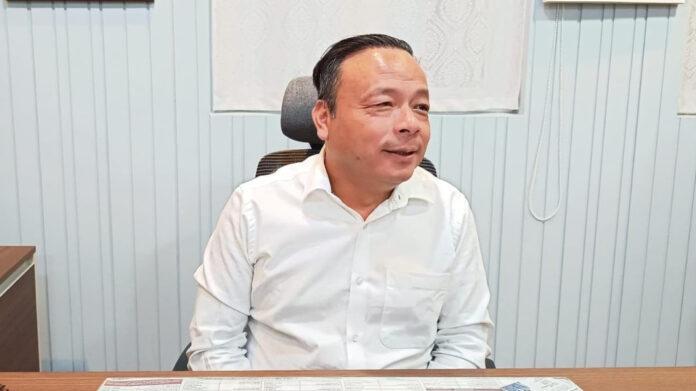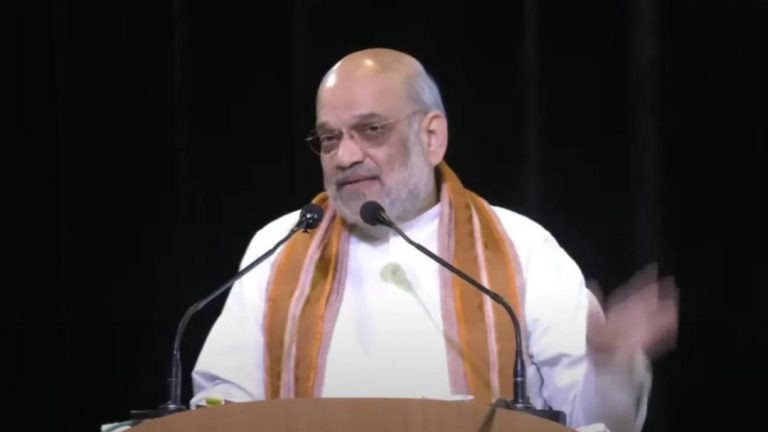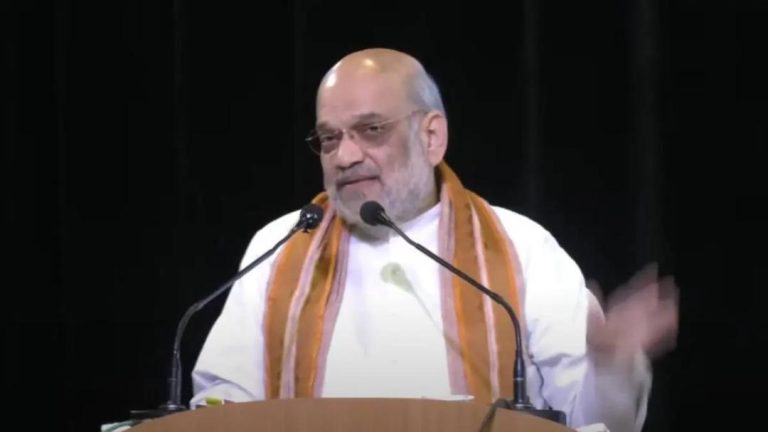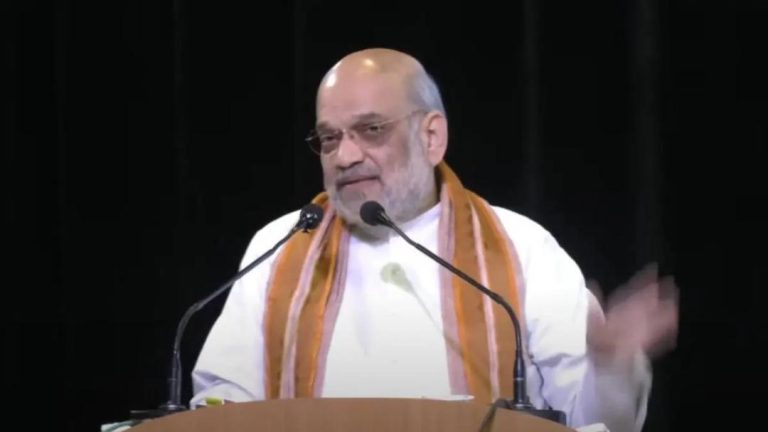
Meghalaya Govt Trains 9 Sniffer Dogs to Detect Drugs
Meghalaya is taking a bold step to combat the growing menace of drug addiction in the state. As part of its anti-drug strategy, the government has trained nine sniffer dogs to detect drugs in identified hotspots across the state. This initiative is a significant addition to the ongoing efforts to curb the drug trade in Meghalaya.
The trained sniffer dogs will soon join the Anti-Narcotic Task Force, a specialized unit responsible for combating drug trafficking and related crimes. The task force, which operates under the supervision of the Meghalaya Police, has been working tirelessly to identify and disrupt drug smuggling networks in the state.
The training of the sniffer dogs is a collaborative effort between the Meghalaya Police and the Central Detective Training School (CDTS) in Meghalaya. The dogs were trained to detect a range of drugs, including heroin, cocaine, and marijuana, as well as other illegal substances.
The deployment of the sniffer dogs is expected to have a significant impact on the state’s anti-drug efforts. With their keen sense of smell and ability to detect even the slightest traces of drugs, the dogs will be able to identify and track drug consignments with ease. This will enable the task force to take swift action against drug traffickers and confiscate drug shipments before they can reach the streets.
In addition to the deployment of the sniffer dogs, the government is also working to set up vehicle scanners in two districts of the state. The scanners, which are being installed in Ri Bhoi and East Jaintia Hills, will enable the authorities to detect and intercept drug-laden vehicles more effectively.
The scanners will be able to detect hidden compartments and secret containers in vehicles, making it difficult for drug traffickers to conceal their illegal cargo. This will be a significant deterrent to drug smugglers, who will think twice before attempting to transport drugs through the state.
The government’s anti-drug strategy is a multi-faceted approach that involves a range of measures to prevent drug addiction and combat drug trafficking. The strategy includes awareness campaigns, rehabilitation programs, and law enforcement actions to disrupt drug smuggling networks.
The government is also working to strengthen its drug treatment and rehabilitation centers, which provide counseling and medical treatment to drug addicts. The centers also offer vocational training and job placement services to help addicts reintegrate into society.
The government’s efforts to combat drug addiction and trafficking have received a boost with the support of the Central government. The Central government has provided financial assistance to the state to support its anti-drug efforts, including the training of the sniffer dogs.
The government’s anti-drug strategy is not limited to law enforcement actions alone. It also involves a range of social and economic initiatives to address the root causes of drug addiction. The government is working to improve the socio-economic conditions of vulnerable communities, which are often targeted by drug traffickers.
The government is also working to promote alternative livelihoods and create job opportunities for young people, who are often lured into drug addiction due to lack of opportunities. The government is also providing financial assistance to entrepreneurs and small-scale farmers to help them start their own businesses.
In conclusion, the training of nine sniffer dogs to detect drugs is a significant step forward in Meghalaya’s anti-drug efforts. The dogs will be a valuable asset to the Anti-Narcotic Task Force, enabling them to detect and track drug consignments more effectively. The deployment of the sniffer dogs is part of a broader anti-drug strategy that includes awareness campaigns, rehabilitation programs, and law enforcement actions. The government’s efforts to combat drug addiction and trafficking are commendable, and it is hoped that they will have a significant impact on the state’s efforts to curb the drug trade.



